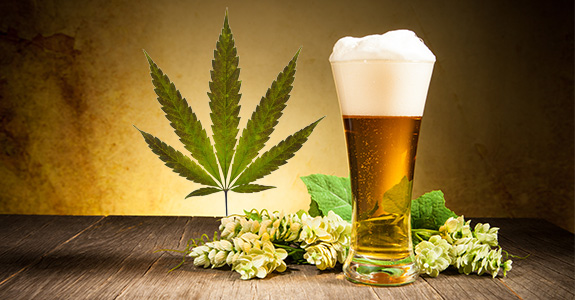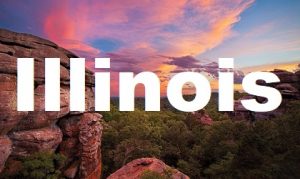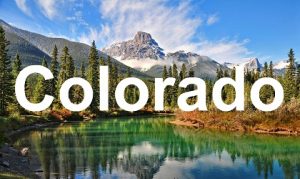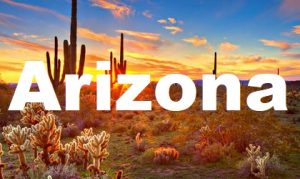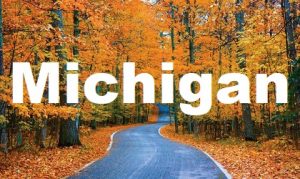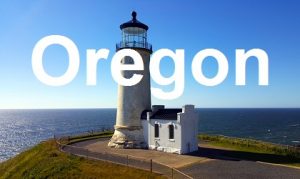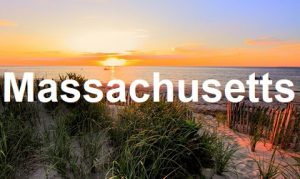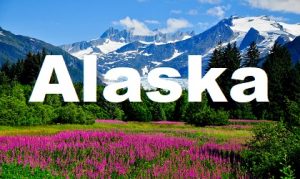Denver liquor licensees barred from obtaining pot licenses despite Prop. 300 approval
While Denver residents recently approved a measure allowing businesses there to allow consumption of marijuana on their premises, they can’t do so if they sell another legal drug — alcohol.
On Nov. 18, Colorado officials announced that businesses with licenses to sell liquor will be barred from obtaining a license permitting use of marijuana on their premises. The ruling by the Colorado Department of Revenue’s Liquor Enforcement Division is a blow to bars and restaurants that would have been eligible to apply for a marijuana-use permit after passage of Prop 300 in Denver.
 Denver residents approved Prop. 300 Nov. 8 to allow businesses to obtain licenses allowing public consumption of marijuana on their premises. The ruling initiates a four-year pilot licensing program in Colorado’s capital that will allow most businesses to apply for permits allowing them to designate areas, indoors or outside, where consumption is allowed. The state became the first in the nation to approve the use of recreational marijuana in 2012.
Denver residents approved Prop. 300 Nov. 8 to allow businesses to obtain licenses allowing public consumption of marijuana on their premises. The ruling initiates a four-year pilot licensing program in Colorado’s capital that will allow most businesses to apply for permits allowing them to designate areas, indoors or outside, where consumption is allowed. The state became the first in the nation to approve the use of recreational marijuana in 2012.
The state ruling has the backing of the Colorado Restaurant Association. In a Nov. 19 statement, the CRA cited an increase in these establishments’ liability risks when allowing the consumption of both alcohol and marijuana on their premises. Consequently, these risks would likely result in businesses paying significantly higher insurance rates, or even being denied coverage, according to the statement.
State law already bars marijuana dispensaries from allowing consumption on their premises.
Marijuana legalization activist Mason Tvert said the ruling was “absurd,” as alcohol consumption already causes the behavior and criminal problems cited as the reasons for the ban. Still, he said most Denver businesses are unaffected by the ruling.

